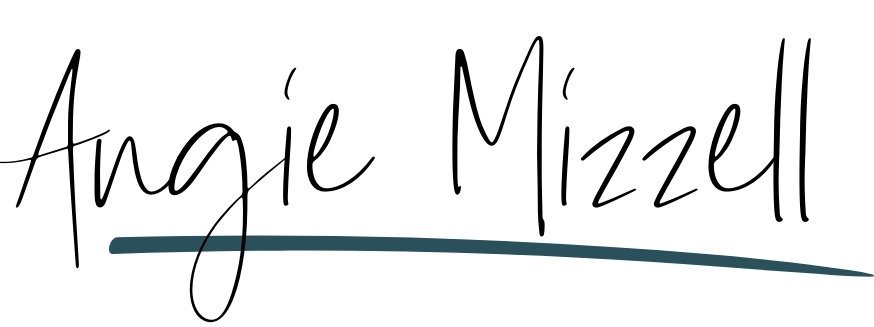What would Dolly do?
I have Dolly Parton on the brain.
During the Thanksgiving break, Shawn, the kids, and I went to Dollywood. While the boys went off to stand in long lines and ride scary rides, Cate and I snacked on ice cream and french fries and roamed the gift shop.
We saw the t-shirt at the same time. A vintage picture of Dolly Parton was printed on the front along with one of her famous quotes:
Figure out who you are and then do it on purpose.
“Oh, I want that.” Cate said.
I pulled it off the rack without hesitation. A feeling came over me; it's the feeling I get when I’m in a moment that I know I’ll eventually write about, even if I’m not yet sure what I want to say about that moment.
What I’ve landed on is a story about my newfound fascination with Dolly Parton—how it happened and why.
I grew up in the South and spent a lot of time at my grandparents' house listening to country music and sitting in front of the television watching Hee Haw. Dolly Parton is woven into the background of these memories, as well as my grandma's occasional joke about her appearance. The wigs. The boobs.
And then a couple of years ago my friend Stephanie recommended a podcast, Dolly Parton’s America. I didn’t rush to listen to it. When I finally got around to it, I was moved in a way that is difficult to describe. It hit deep.
It helped that host Jad Abumrad is an excellent storyteller. But what really got me were the questions that Abumrad raises throughout:
How can one person be a boob joke and a feminist icon all at once?
Why does Dolly Parton have such a diverse a fan base, one that crosses the political and social divide?
Why does everyone feel welcome and safe at a Dolly Parton concert? How is that possible?
Apparently, Dolly Parton has the highest Q rating of practically anyone. (A Q score measures the overall appeal of a celebrity or brand.) In addition to being one of the most loved celebrities in the world, the data shows a very low negative rating. In other words, while some may feel indifferent about Dolly Parton, few outright dislike her.
When I first listened to the podcast, I accidentally started on episode 5, Dollitics. That's what drew me in and made me go back and listen to the whole thing. The episode was recorded in 2019, when 9 to 5 the musical was being revived in London and just a few years after Dolly went on tour—right in the middle of the 2016 election.
Through it all, reporters wanted Dolly’s take on things, and she always managed to turn the conversation in another direction. She’s boldly declared that she doesn’t do politics—she outright refuses to talk about it—and as much as the public loves Dolly, that stance has been met with some criticism.
And yet, she's been singing about political and social issues since the 1960s. In a one-on-one interview with Dolly, Abumrad challenges her position, but in a genuinely curious way. What's going on here?
Many of her moves are strategic. Calculated. She's a celebrity and a business woman after all. But also, Abumrad concluded, when he really dug into it, that there’s something else happening.
“It’s a spiritual stance," he says. “It’s an ethos.”
When Abumrad finally understood this, he says it messed him up.
“Oh I get it,” Abumrad says, as if he's coming to the realization out loud, “She’s saying that her stake in the sand is that she will not cast anybody out.”
That's the part that messed me up. It reminded me that intentional silence can also be a way of taking a stand.
He goes on to say: “It’s easy to view the silence cynically, but if you look at the 9 to 5 album itself, in addition to the song 9 to 5, you have a song about the racist treatment of deportees, mine workers dying in mines. So this is not someone who’s in denial.”
Then, producer/reporter Shima Oliaee quietly says to Dolly, “Sometimes when I don’t speak up, people get hurt because I didn't say what needed to be said. Do you ever feel like by not opposing that you could be hurting others?”
“No,” Dolly replies, “because I know that when the time comes I will speak out. I have a great sense of timing and that’s always worked in my favor. I know that my time will come, and when it does I will say my piece.”
It seems to me that Dolly says her piece through her music, her art.
And that leads me back to the shirt, and the famous Dolly quote: Figure out who you are, and do it on purpose.
I think we can spend a lot of time trying to figure out who we are, but I also wonder if somewhere, deep down, we already know. We have a lot of voices trying to tell us who we are, but the one that matters, our own voice, is the one that will set us free. ✨

